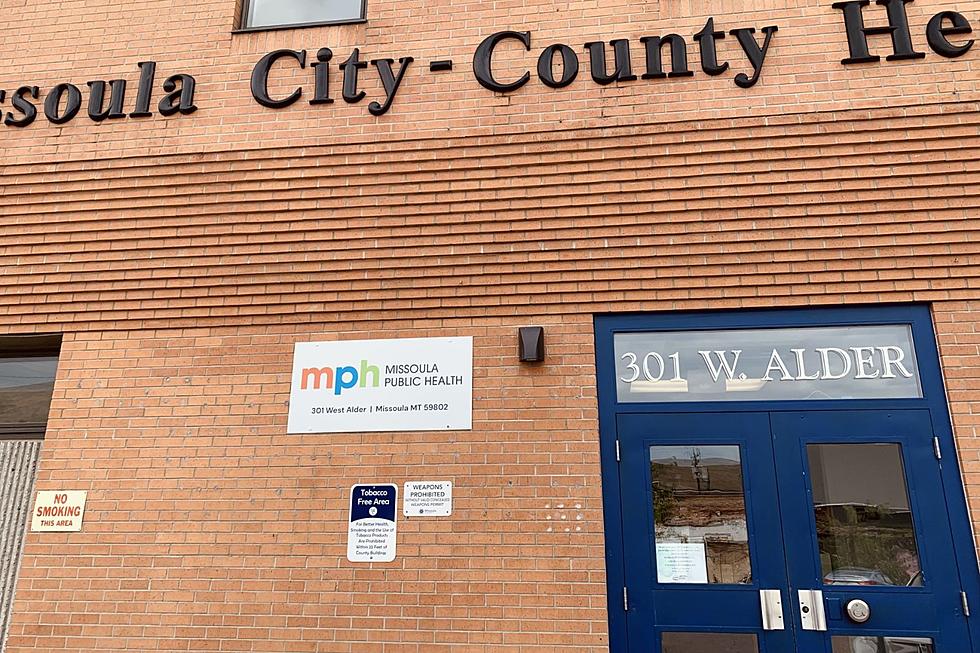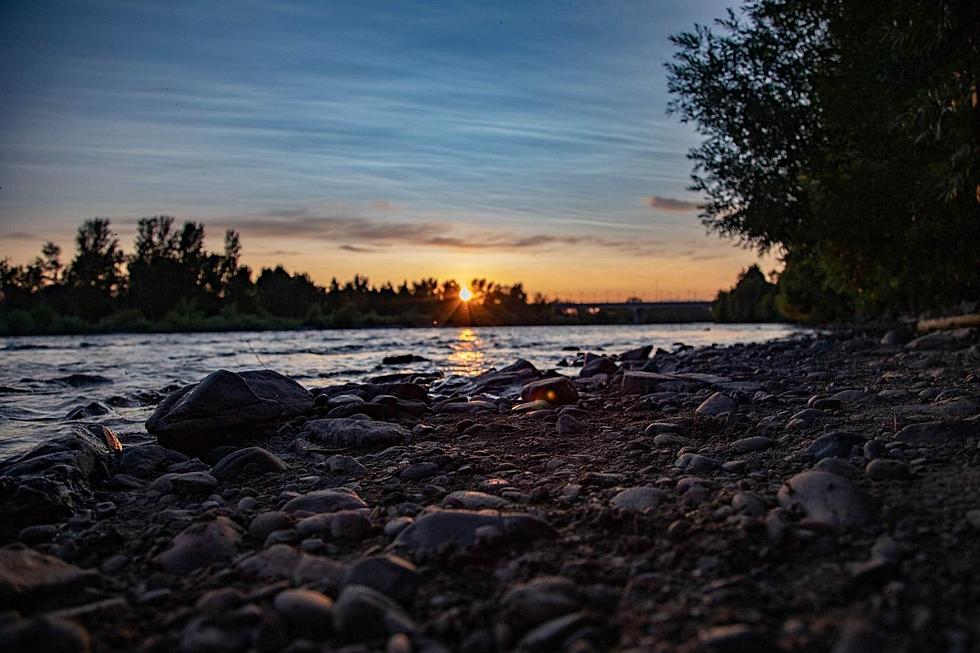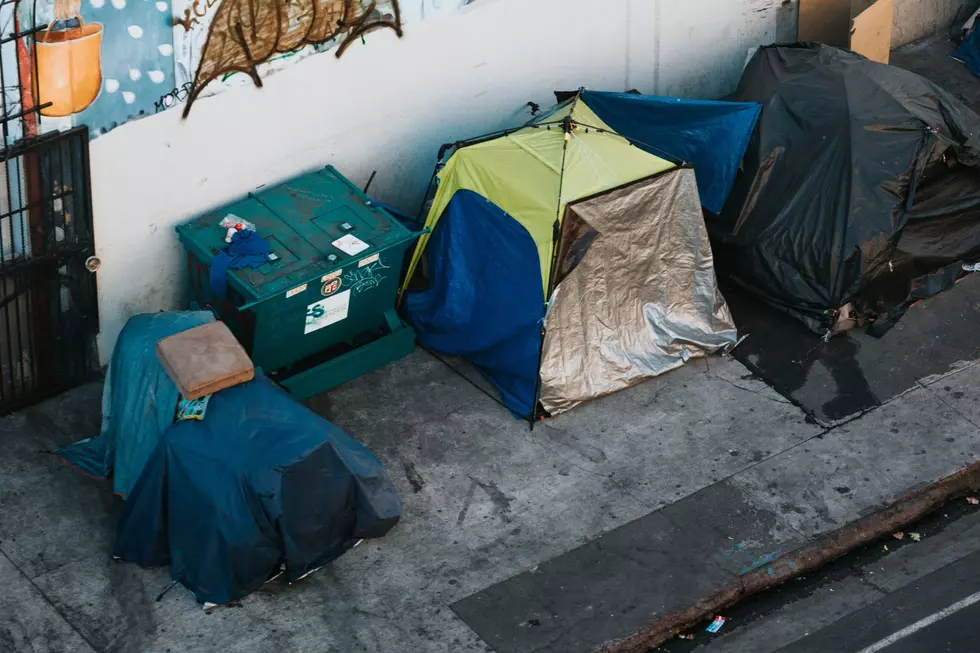
Expert Says Missoula Air Quality is Taking a Turn For the Worse
Air Quality Specialist Sarah Coefield with the Missoula City-County Health Department told us on Thursday that shifting winds are worsening air quality throughout western Montana.
“The winds high overhead right now are coming at us from the northwest, and there was quite a bit of smoke that had made its way over there from fires in Washington and Canada recently and it has come down to us and managed to come overhead right when our atmosphere really started mixing up a lot and started pulling air down and moving air up and moving everything around, and it brought down that smoke down to ground level,” said Coefield. “We also have just a continued influx of smoke from that direction really headed our way this afternoon.”
Coefield said air quality will be worsening over the next 24 to 36 hours.
“Right now we are sitting at generally ‘unhealthy for sensitive groups’ to ‘unhealthy’ air quality, really across most of the county at the moment and kind of expecting variable conditions throughout the day just as smoke moves in and out of the area, but doesn't look like we're going to see good clearing,” she said. “We probably won’t have any significant relief until tomorrow.”
Coefield said shifting winds will move the smoke in various directions throughout western Montana.
“The main thing that's going to happen is the overhead wind direction is going to really shift to be more so from the east and that will push a lot of this smoke back into Idaho,” she said. “The one real confounding factor there will be all the fires that are burning east of Missoula County, including the fires in the Bob Marshall wilderness. They will have plumes pointed more toward Condon and Seeley Lake. And then there's also the Boulder Lake fire in the Rattlesnake that could have a plume headed toward Frenchtown.”
Coefield provided recommendations on what ‘unhealthy for sensitive groups’ entails.
“That includes all children and the elderly, anyone with heart or lung disease and pregnant people,” she said. “For those folks they really want us to limit prolonged outdoor exertion. Just try not to be exposed to smoke for longer than you need is always best for everyone, but especially for people in the ‘sensitive groups’ category to spend time in a place of filtered clean air to give yourself a break from all the particulate in the wildfire smoke.”
Click here to read Coefield’s latest report.
KEEP READING: Get answers to 51 of the most frequently asked weather questions...
Yellowstone National Park Rebuilds After Historic Flooding
More From Newstalk KGVO 1290 AM & 98.3 FM









